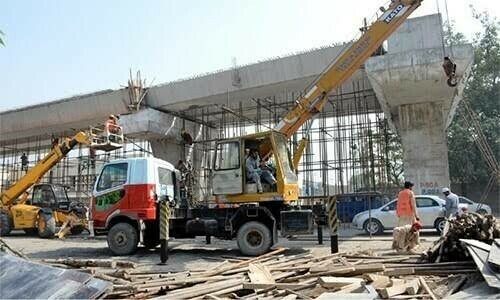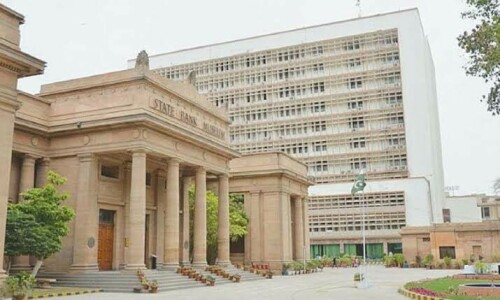Structural issues around the agriculture sector in Sindh will remain the same by and large in 2022. The Sindh government, however, pledges to address some core issues on a priority basis. It has promised to issue hari cards to underprivileged farmers (with less than 16 acres of landholdings) in the ongoing fiscal year 2021-22, involving a subsidy of Rs3 billion. But the cards had not been issued till Dec 2021.
The good news is that the cotton crop has shown a substantial increase in the 2021-22 season. Shortage of farm inputs, however, is scaring growers since 2021’s Rabi season. It can undermine major crops’ production in 2022 (Rabi 2021-22 and Kharif 2022-23). Fertilisers like diammonium phosphate are key inputs and these inputs are not available even at higher prices.
“The hari card issuance is a good step, indeed. But let’s do it. What is the delay?” contends Mahmood Nawaz Shah, vice president Sindh Abadgar Board. “There is uncertainty in the market about the availability of inputs,” he says. Such a situation benefits vested interests to a greater extent.
This year Sindh has seen improvement in cotton production — 3.5 million bales (2021-22) until Dec 2021 as per the Pakistan Cotton Ginners Association’s reports. In 2020-21 production stood at 1.8m bales. Cotton’s production has been showing a constant countrywide decline over the last several years.
Director General Agriculture, Sindh, Hidayatulalh Chhajro points out that increased cotton bales production in Sindh is a positive indicator. “We will keep production target of 4m cotton bales for 2022-23 unchanged,” he says while attributing the increase to availability of seed, lesser pest pressure on cotton crop etc.
About 85pc of the wheat crop sowing target (12.m hectares) has been achieved in 2021 amidst water shortage in some areas. The food department plans to begin wheat procurement in March 2022 instead of April to meet the procurement target of 1.4m tonnes — something it failed to achieve during the last procurement. “We realise grain should not be allowed to slip out of the market and we should buy it from farmers,” Sindh secretary food Haleem Sheikh observes.
According to Mr Shah, the policy board of the Federation of Pakistan Chambers of Commerce and Industry got some research done on rice cultivation which showed that its cultivation increased by 1.2m acres between 2016-2021 in Pakistan. “We believe excessive rice cultivation is harmful to the soil and above all, where water is going to come from for such big rice acreage?” he asks.
Published in Dawn, The Business and Finance Weekly, January 3rd, 2022










































